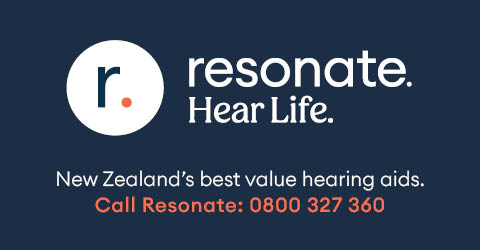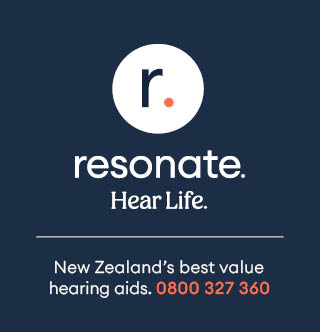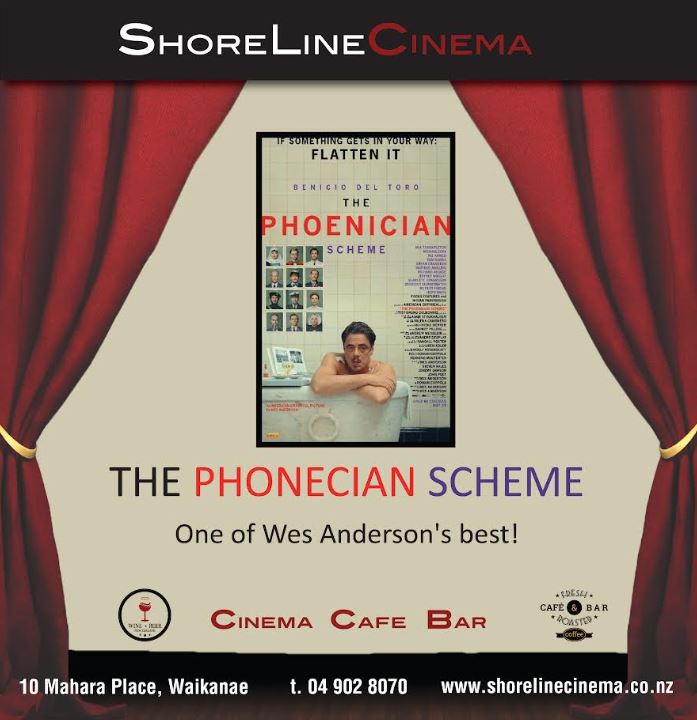
Kāpiti acupuncture specialist Jason Bei has been taking a new approach to the treatment of Post Traumatic Stress Injury and says the results so far are very promising.
Jason, who operates the Kāpiti Acupuncture & Wellness Clinic in Paraparaumu, says the current pilot programme treating veterans with PTSD is proving successful and the hope is to roll the program out on a much wider basis.
The funding for this pilot was provided by the Royal New Zealand Returned and Services Association, who are supportive of any new and innovative methods to support those who served.
“The issue of PTSD is very serious in New Zealand and many of those suffering are not receiving the treatment they need. We are seeing very positive results and our hope is to expand this beyond the pilot so that many more people can benefit from this treatment regime.”
The treatment involves a holistic approach using acupuncture and meditation techniques.
“The trauma experience is different for each individual person and we individualise treatment for each person but there are also benefits from working in a group as shared experiences also contribute to the healing process,” says Jason.
During the session acupuncture needles are inserted for pain relief and relaxation during the meditation as Jason takes the clients to a positive childhood experience through to the present.
“This is an effective way to connect to a positive time in the memory. Daily meditation of 10 to 15 minutes is very good for relaxing a stressed mind, even five minutes can help.”
Getting Veteran Ready
Mark Compain, is a veteran receiving treatment and he is also helping in developing a program for wider rollout among veterans.
Part of this work is establishing a ‘Veteran Ready’ certification process, which educates providers about military culture, believed to be the first of its kind in New Zealand. The aim is to make that first step into mental health treatment a little easier, by reassuring ex-military clients that the provider is aware of their background and experiences.
It is also important to note that the RSA and AcNZ define a ‘veteran’ as anyone who has served in the military, whether or not if they served overseas. “We are one family and some of our people are injured in a variety of ways while serving in New Zealand, but won’t consider themselves ‘Veterans’ entitled to such support. We want to demolish that myth and reduce some of the inequities created by the Veterans Support Act 2014 through inclusive initiatives such as this in conjunction with the RNZRSA and Acupuncture NZ.”
Mark says the orthodox treatments of pills and talking is not comfortable for many military people and he sees acupuncture as reducing some of the barriers to care and to get people into support earlier than more traditional methods.
“The joint session pilot with Jason recognises the benefits of group interventions and the social support from the realization of not being alone by sharing experiences with others who have similar injuries. It also adds to the efficacy of complimentary and alternate treatments, along with assistance animals, equine therapy, outdoor pursuits, which are not routinely offered to our people by the public health system.”
This will also compliment a clinical study on acupuncture treatment of ex-military under development between Otago University and AcNZ.
“Through this work, the RSA and AcNZ hope to develop more innovative combinations of interdisciplinary care and provide opportunities for clinicians to reduce barriers and improve wellbeing outcomes.
“We are very grateful to Jason and AcNZ for working with us.”
Mark says he was quite open to this program as generally the trajectory for veterans to treatment is through crisis.
Personal stories
Angela, who is also part of the program, says the treatment had helped her with relaxation and improved sleep.
“I’m fairly early on in the my PSTD journey after ignoring the signs for years and still learning how to manage it and finding what works for me.” She says it is about finding what works for you and getting the proper support.
“I had limited progress over nine months with conventional treatment, which can be hard to access with shortages across the mental health sector, so trying something like acupuncture could reduce barriers for those needing help,” says Angela
Another participant, Mike, says the program is a great chance to reconnect with other veterans.
“It is reassuring to be part of a group who can relate to your experience,” says Mike.
For many of those who have returned from overseas service in countries such as Afghanistan the current war raging in Ukraine can act as a trigger for the trauma they suffer.
Jason Bei says the acupuncture treatments can lead to amazing recovery and it is important that more veterans get to know about the effectiveness of this treatment.
As Mark says, “Not all wounds bleed,” and there are many ex-military and their families suffering after giving service on behalf of their country, both in New Zealand and overseas. They are owed the opportunity to heal in a way that recognises their unique culture and needs.













































